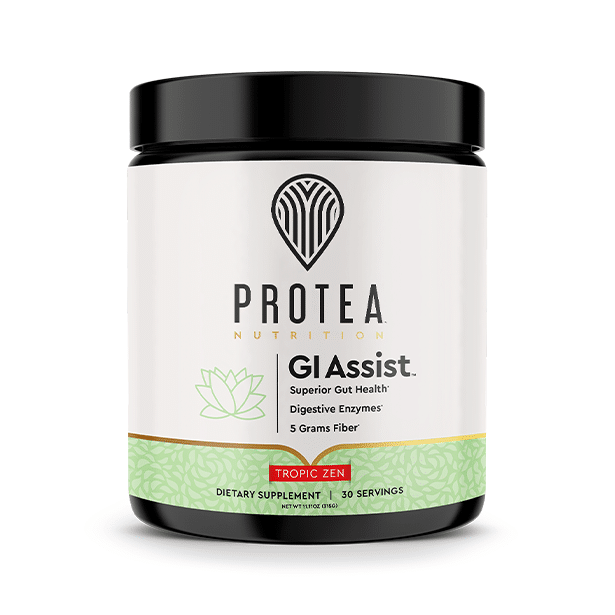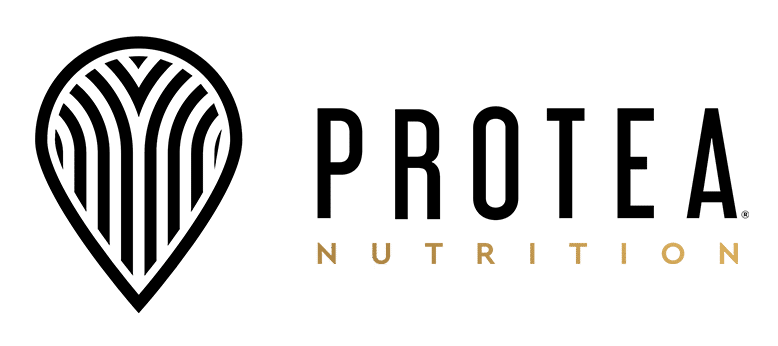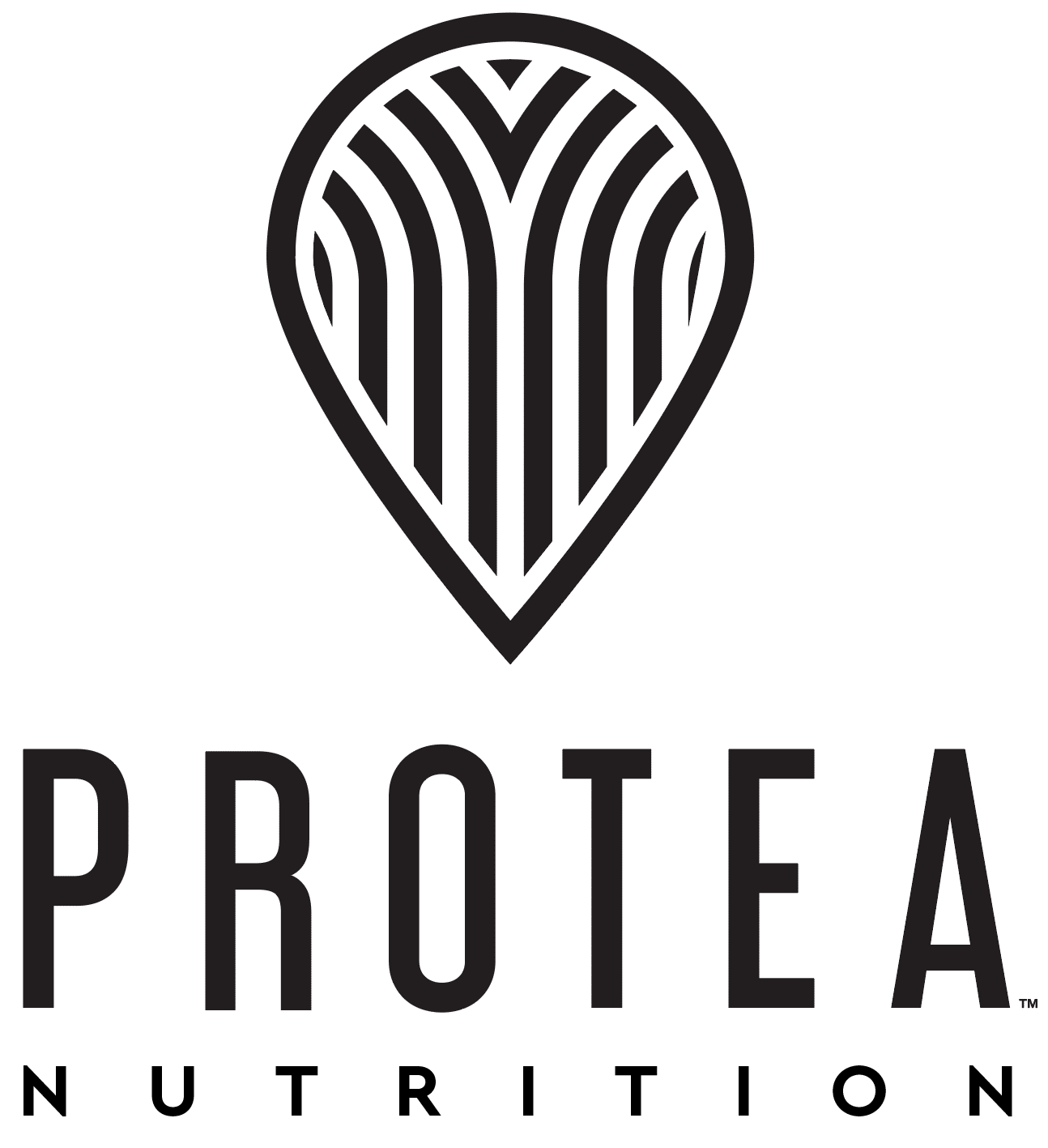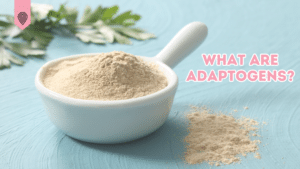Oh, the joys pregnancy brings! It’s an exciting time anticipating the arrival of the newest family member and yet it also brings enormous physical changes. As the baby and uterus grow, the digestive organs must shift and move to make more room. This can result in symptoms such as nausea, bloating, and gas.

After birth, the organs shift once again as the body begins to heal itself. However, many women are unprepared for the variety of gastrointestinal issues that occur post birth as a result.
The digestive system slows down during labor and it may take several months for it to recover from the inflammation and trauma of birth. In addition, birth related injuries to the anal sphincter and pelvic floor muscles can make bowel movements difficult and painful. Fear of having a movement can further slow down digestion. As if that weren’t enough, use of antibiotics during or after labor wreak havoc on good gut bacteria and can cause indigestion and bloat (2). *
Furthermore, during the postpartum period, the body is actively trying to heal itself, baby is feeding on demand, sleep is hit or miss, and the new stresses that come with newborn life are upsetting routine and eating habits. These stresses also play a role in digestion and regular bowel movements. That’s why so many women chalk up constipation and digestive issues to stress, lack of sleep, and even lack of proper hydration and nutrition (it’s hard to get a full meal sometimes!). However, the answer to these digestive troubles could also be due to fluctuating hormone levels.
Hormones dramatically change throughout the monthly menstrual cycle. Estrogen and progesterone fall as the placenta gets delivered. Progesterone rises and falls during menstrual cycles, pregnancy, and postpartum. It slows digestion and can cause constipation, gas and bloating (1). Estrogen, on the other hand, increases the speed of digestion. Many women will notice a surge in digestion and looser stools when estrogen circulation increases (1). This is why many women will notice a fluctuation between constipation and diarrhea throughout their monthly cycle. *
In the postpartum period, especially if the mother decides to breastfeed and menstruation is temporarily paused, estrogen and progesterone remain suppressed. This is very similar to what happens in menopause and results in a slower movement of food through the gut. This can result in constipation, gas, bloating and even weight gain.

The good news is there are ways to manage and help your digestive system, such as:
- First and foremost, be sure to drink plenty of water! Especially if you are nursing. The body needs water to produce breast milk and maintain healthy gut function.
- Be sure to get plenty of fiber to improve colon function and motility. If you aren’t getting enough from whole foods, a fiber supplement can help.
- Support your digestion by including digestive enzymes to help break down protein, carbs and fats.
- Include a probiotic in your regime to help restore healthy gut bacteria and improve digestion.
Taking the above supplements can be a lot to remember when you have your hands full with a newborn! This is why we formulated a one stop shop option in our gut support supplement G.I. Assist. This supplement includes a probiotic, digestive enzyme, and 5 grams of acacia fiber. GI Assist was developed to support the body’s natural detoxification process as it helps with the elimination of metabolic by-products and common everyday exposure fostering a healthy digestive system. GI Assist is gentle enough for everyday use to enhance proper digestion. It also includes 20 mg of magnesium which can help promote a restful nights sleep (if baby will let you!). Take before bed to help restore and support your gut while you sleep! *
*These statements have not been evaluated by the Food and Drug Administration. This product is not intended to diagnose, treat, cure, or prevent any disease.





